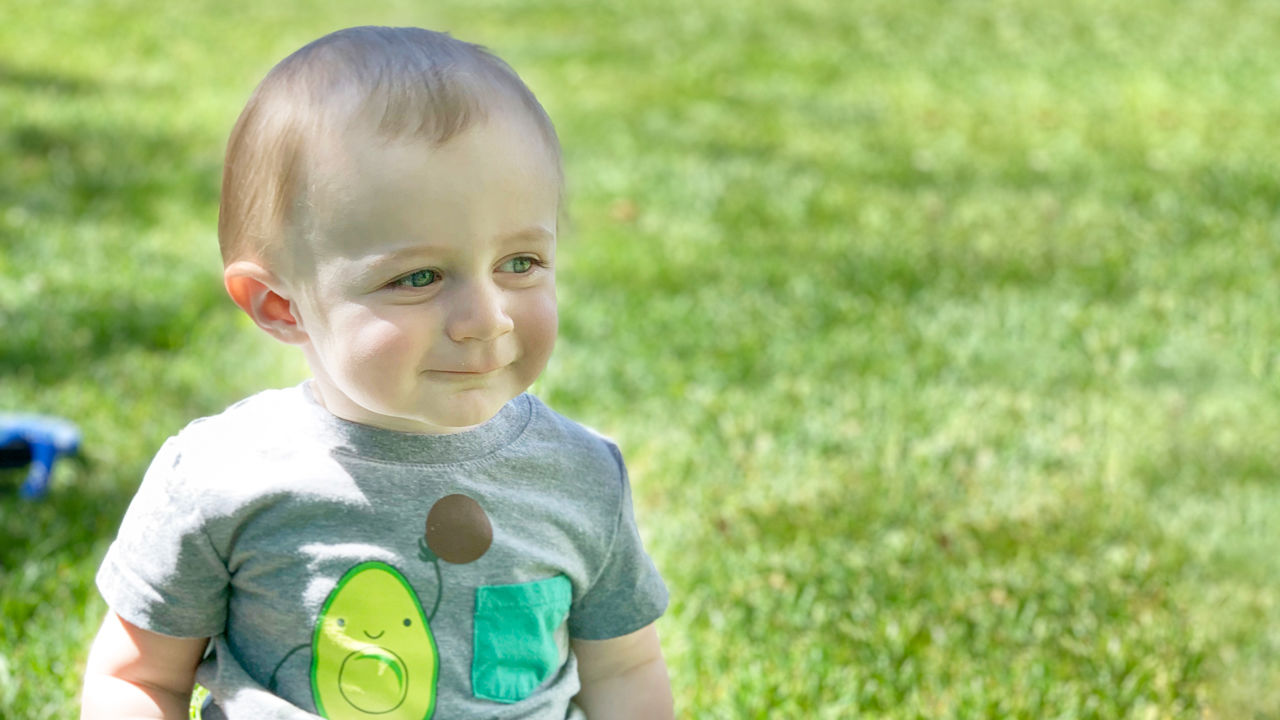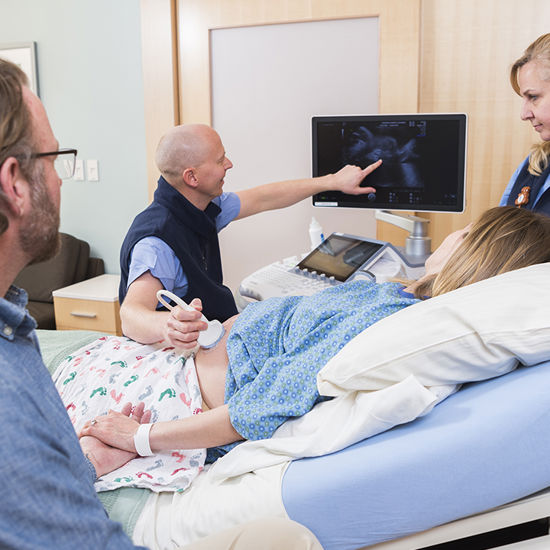- Doctors & Departments
-
Conditions & Advice
- Overview
- Conditions and Symptoms
- Symptom Checker
- Parent Resources
- The Connection Journey
- Calm A Crying Baby
- Sports Articles
- Dosage Tables
- Baby Guide
-
Your Visit
- Overview
- Prepare for Your Visit
- Your Overnight Stay
- Send a Cheer Card
- Family and Patient Resources
- Patient Cost Estimate
- Insurance and Financial Resources
- Online Bill Pay
- Medical Records
- Policies and Procedures
- We Ask Because We Care
Click to find the locations nearest youFind locations by region
See all locations -
Community
- Overview
- Addressing the Youth Mental Health Crisis
- Calendar of Events
- Child Health Advocacy
- Community Health
- Community Partners
- Corporate Relations
- Global Health
- Patient Advocacy
- Patient Stories
- Pediatric Affiliations
- Support Children’s Colorado
- Specialty Outreach Clinics
Your Support Matters
Upcoming Events
Mental Health Town Hall
Tuesday, April 23, 2024Join Children’s Hospital Colorado pediatric experts for a virtual...
-
Research & Innovation
- Overview
- Clinical Trials
- Q: Pediatric Health Advances
- Discoveries and Milestones
- Training and Internships
- Academic Affiliation
- Investigator Resources
- Funding Opportunities
- Center For Innovation
- Support Our Research
- Research Areas

It starts with a Q:
For the latest cutting-edge research, innovative collaborations and remarkable discoveries in child health, read stories from across all our areas of study in Q: Advances and Answers in Pediatric Health.


Eli: Diagnosing Fetal Cardiac Mass

The 20-week ultrasound was supposed to be exciting. Leetal and her husband, Josh, couldn't wait to see their baby's hands and feet, a first glimpse of his little face.
"They do the organs last," she recalls. "And when they got to the heart, there was this silence in the room. Finally, the ultrasound tech was like, 'I'm going to have to call the doctor.'"
Leetal's baby, Eli, had a mass on his heart, a tumor. It was big, nearly 40% of the heart's mass. The good news was that wasn’t blocking anything, and they didn’t think it was cancer.
The size of it put Eli at risk for arrhythmias, which could shorten Leetal’s pregnancy and potentially cause fetal heart failure or even death. That was the bad news.
A first diagnosis
"We were obviously in the worst shape," Leetal says. "Just devastated. We didn't know what to do. You know? Do we continue the pregnancy? Does this child deserve that kind of life? So many questions."
Leetal thought a family friend at University of Colorado Health, next door to Children's Hospital Colorado on Anschutz Medical Campus, might have some answers. Her friend did.
"She said, 'There's no doubt in my mind, you need to be at Children's Colorado," says Leetal. "When it comes to your child's life, you want the best of the best.'"
How fetal magnetocardiogram put a family at ease
Our fetal cardiology team received a call Sunday afternoon about Eli and saw the family that Monday morning at our Colorado Fetal Care Center. Our experts wanted a more complete picture of the electrical activity in Eli's heart.
The best way to get that information would generally be an electrocardiogram, or ECG. However, an ECG doesn’t work in fetuses. We requested a test called a fetal magnetocardiogram, or f/MCG, a research tool, which converts magnetic fields from the heart into electrical signals exactly like those of ECG.
The f/MCG results were completely normal, which is very unusual for this type of tumor.
The only one recovering
Eli's stability in the womb allowed for the routine, vaginal birth Leetal wanted. Where possible, that's standard at the Colorado Fetal Care Center, where Eli could be evaluated and treated right away.
But in the end, the biggest trial of the birth experience was one far more common than a heart tumor: Eli was breech. He was born via cesarean section on a Tuesday. That Friday, equipped with the kind of handheld doppler heart monitor you can buy off a shelf, they went home, surgery indefinitely postponed.
And nearly a year later, Eli's heart hasn't missed a beat. His care team is still monitoring the tumor, which is growing smaller and smaller. Whatever happens, it's an experience Leetal will never forget.
"I did everything in my power to get him to flip," She chuckles. "Massage therapy, acupuncture. I didn't want to be recovering from surgery and at the same time trying to deal with my baby recovering from surgery. But it turned out I was the only one recovering. Eli's doing great."

Would you like a second opinion?
If you have received a prenatal diagnosis, are considering treatment options or just want to feel more confident about your treatment plan, our fetal care experts are here to help.
Request a second opinion from our Colorado Fetal Care Center



 720-777-0123
720-777-0123



